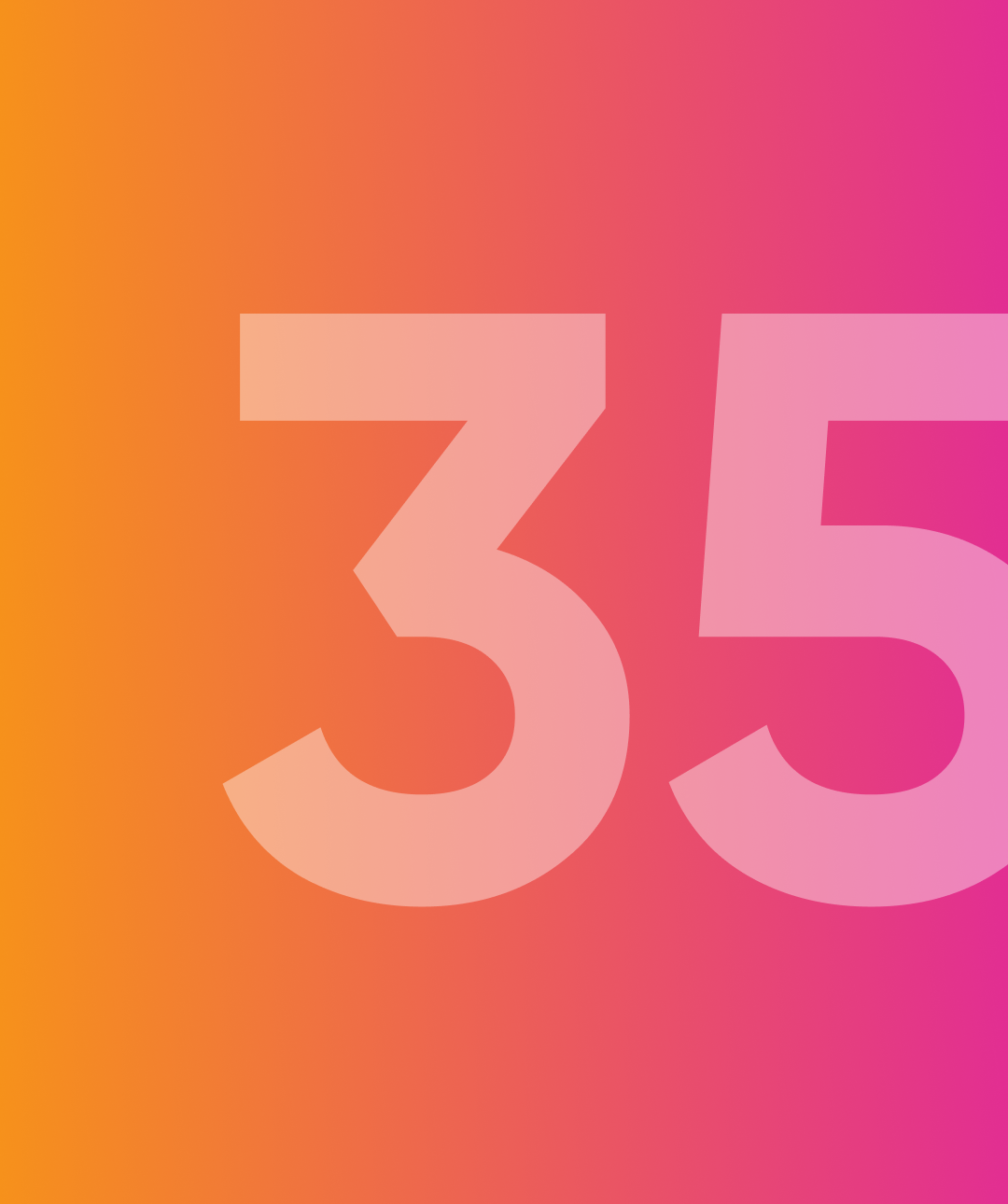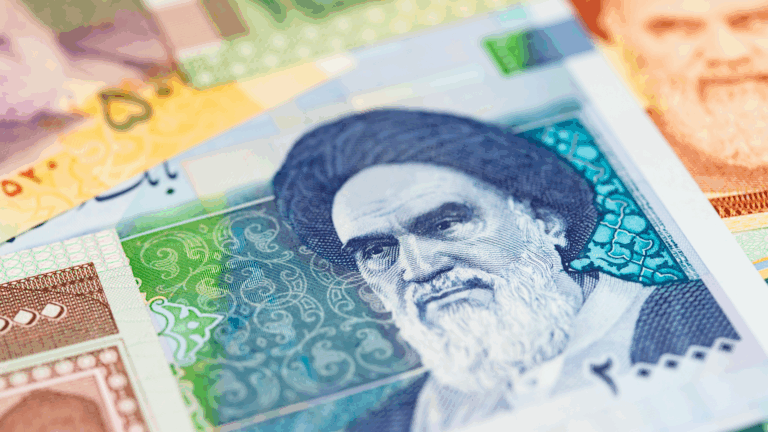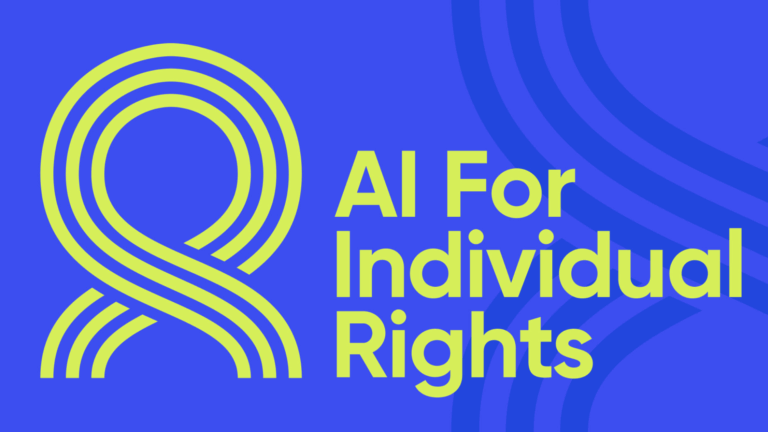Good morning, readers!
In Nigeria, widespread discontent with President Bola Tinubu’s financially repressive policies sparked nationwide protests. Security forces descended on citizens peacefully protesting against the devaluation of the naira and soaring inflation, which has reached a 30-year high in a country where 40% of the population already suffers under extreme poverty. Meanwhile, in Northern Africa, the circulation of counterfeit currency in Libya printed in Russia has destabilized the local dinar currency. This deliberate interference, in part by the Putin regime, leaves citizens bearing the brunt of losing their purchasing power.
In open-source software developments, Fedi officially launched its “Community Superapp,” which integrates Bitcoin-based ecash, chat, and more into one single app. This could be especially useful for communities in developing countries and authoritarian regimes that don’t have access to banking services. Alby also introduced Alby Hub, an open-source self-custodial Lightning wallet with a built-in Lightning node, making it easier for newcomers to access the Lightning Network (and interact with Bitcoin via Nostr) in a sovereign way.
We end with a new talk by HRF Chief Strategy Officer Alex Gladstein on the main stage at the 2024 Bitcoin conference in Nashville. Gladstein explores Bitcoin’s impact on commerce, personal freedoms, and energy systems. His presentation provides dozens of specific examples of Bitcoin use cases across the globe. More than 5,000 people watched the speech in person, and more than 500,000 have since watched the livestream on X, Nostr, and YouTube. If you watch one thing today, make sure it’s this presentation.
Now, let’s dive right in!
The Financial Freedom Report is a newsletter focusing on the role currency and banking play in the civil liberties and human rights struggles of those living under authoritarian regimes. We also spotlight new tools and applications that can help individuals protect their financial freedom.
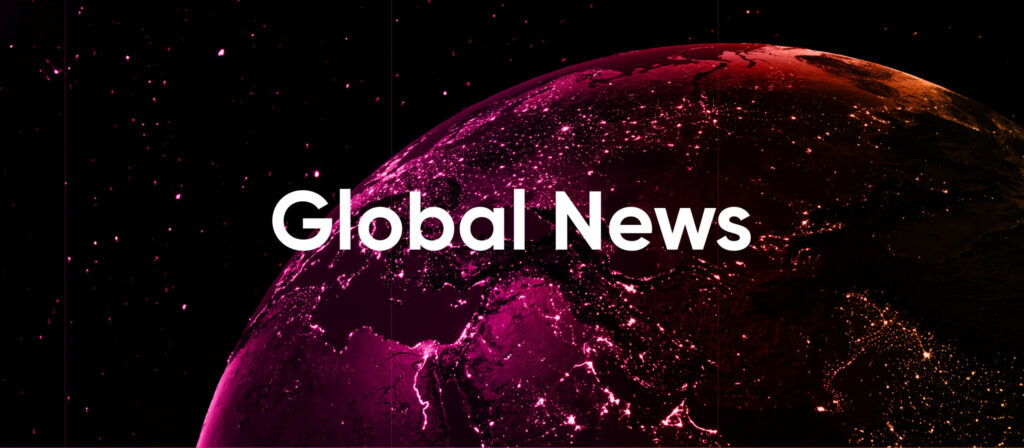
Nigeria | Regime Sends Security Forces to Quell Cost of Living Protests
In Nigeria, financial instability has led to widespread protests against government policies that pushed inflation to a 30-year high. Protesters condemn President Tinubu’s economic reforms, which they blame for the soaring costs of basic goods in a country where 40% of the population lives in extreme poverty. In response, the regime deployed security forces, tightened borders, imposed a curfew, used force against demonstrators (resulting in seven deaths and more than 700 arrests), and blocked the bank accounts of protest sponsors. Notably, according to a government spokesperson, blocking the bank accounts of protest organizers is proving ineffective, as many have turned to crowdfunding in Bitcoin, which the government cannot stop.
Libya | Russian Counterfeiting Fueling Dinar Devaluation
Libya has seen an influx of unofficial banknotes, some printed in Russia, destabilizing the local currency, the dinar, and contributing to its devaluation. These illicit notes exchanged for real US dollars on the black markets and at local banks, are also funding infrastructure projects in Eastern Libya and possibly activities of Russian mercenaries. Since 2016, Russia has sought to solidify its regional influence by supplying billions to eastern Libyan political and military figures. Despite the Central Bank of Libya (CBL) declaring these notes counterfeit, they remain in circulation. To stabilize the economy, the CBL plans to withdraw all 50-dinar notes by the end of the month. As always, ordinary citizens bear the ultimate burden and suffer the erosion of their purchasing power.
Somalia | Targets Press Freedom Through Financial Repression
Somalia continues to suppress press freedom through arbitrary detentions and financial repression of journalists and media organizations. Last week, officials arrested journalist AliNur Salaad after he reported on military drug use, accusing him of “immorality, false reporting, and insulting of the armed forces.” This follows similar arrests of journalists Mohamed Salah and Said Abdullahi Kulmiye, who were detained for exposing corruption and police misconduct. Earlier this year, the Somali Journalists Syndicate (SJS), an organization that defends press freedom, saw their bank accounts frozen and their secretary general, Abdalle Ahmed Mumin, imprisoned by the regime. Today, the Somalian regime increasingly employs financial monitoring and banking controls to stifle free speech. This prevents citizens’ access to critical reporting that could inform their voting decisions.
Pakistan | Escalating Internet Censorship
Pakistan is intensifying internet censorship by introducing a nationwide internet firewall and imposing stringent compliance requirements on Virtual Private Networks (VPNs). The Pakistan Telecommunication Authority plans to screen and approve state-compliant VPNs. While the government cites national security as a reason for this action, critics and digital rights activists argue that these measures enhance the regime’s ability to monitor and control internet activity. The impact of these restrictions extends beyond communication barriers. They can also impact access to financial services, for example, by cutting off access to alternative currencies like Bitcoin (which have provided a liferaft for many Pakistanis but which was restricted in 2018). These policies contribute to a troubling pattern of digital and financial repression for the 235 million Pakistanis living under a hybrid authoritarian regime. Similar measures have been observed in China and Iran, where the regimes exert internet controls to suppress dissent and maintain their power.
Tanzania | Forcibly Relocates Indigenous People
The Tanzanian government is forcefully relocating Indigenous Maasai from the Ngorongoro Conservation Area (NCA) to Msomera village. To force relocation, authorities have not only cut essential public services (like schools and health centers) but restricted the Maasai’s access to cultural and agricultural resources and limited movement into the NCA by requiring identification and, at times, high entry fees. Additionally, the government removed Ngorongoro from the voters’ register, denying over 100,000 Maasai the right to vote and the ability to access traditional financial services. By severing the Maasai’s connection to their land, wealth (measured in number of cattle), and modern banking, the regime enriches itself at the expense of some of its poorest citizens.
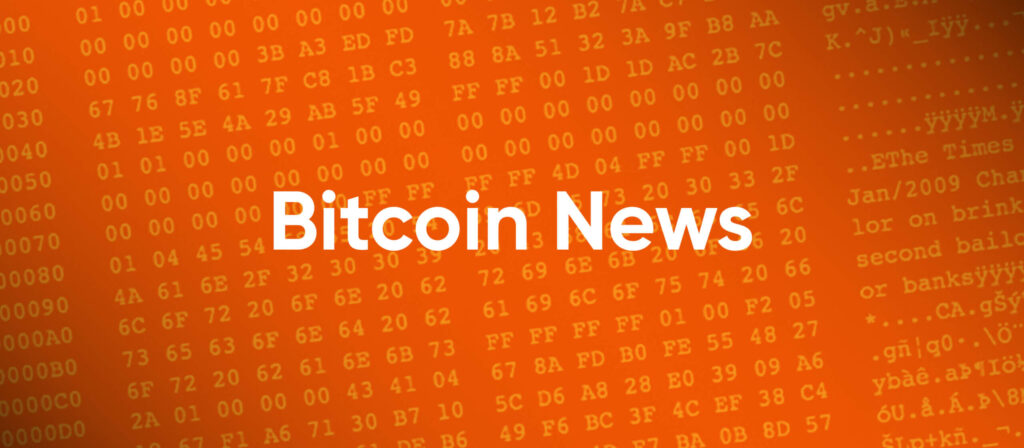
Fedi | Launches its Community Superapp
Fedi, a company leveraging Bitcoin-based ecash technology, officially launched its “community superapp.” The app helps communities, especially in authoritarian regimes, to send money instantly and privately and communicate securely. Fedimints works by having trusted community members jointly manage and secure Bitcoin funds with a wallet requiring multiple keys. Therefore, it increases security while minimizing custody risks and providing privacy to users who trade ecash. Fedi may be a useful app for human rights groups, civil rights groups, or isolated communities where regular banking services are hard to find or at the grasp of dictators. HRF is proud to have played a role in the development of Fedi through its Oslo Freedom Forum and Financial Freedom programs.
Strike | Launches BTCPay Server Plugin
Strike, a Bitcoin and Lightning payments platform, released a new plug-in for BTCPay Server — an open-source, self-custodial Bitcoin payment processor and HRF grantee. This plug-in allows BTCPay Server merchants to process cheap, instant, global bitcoin payments with options for local currency settlements. Merchants often face challenges when integrating bitcoin payments — from settling each payment in USD for accounting purposes to converting bitcoin to fiat currencies to cover costs. Having a Bitcoin point-of-sale software (via BTCPay Server) with optional financial services (via Strike) gives merchants flexibility in meeting their unique business needs. Though this sounds promising, it’s important to note Strike is not yet accessible globally. Find out if you can access Strike in your jurisdiction here.
Mutiny Wallet | Winding Down Operations by End of Year
Tony Giorgio, CEO and co-founder of the popular Bitcoin Lightning wallet Mutiny, which began as a progressive web app, announced that the wallet will shut down at the end of 2024. Despite its success in pioneering privacy-centric features and innovations such as self-custodial Nostr zapping wallets and the first hybrid Fedimint and self-custodial Lightning wallet, the team cites scalability and sustainability concerns. It is important to point out that users can still self-host the wallet themselves. The Mutiny team will now pivot to developing services and tools that empower other developers and projects within the Bitcoin ecosystem, focusing on privacy infrastructure for the global Bitcoin community.
Alby Hub | Open Source Bitcoin Lightning Wallet and Node
Alby, a Lightning Network development company, introduced Alby Hub, an open-source self-custodial Lightning wallet that integrates a full Lightning node. It seeks to offer an accessible interface for managing the complexities of Lightning (such as nodes and payment channels). All the while, it allows users to remain fully sovereign by holding their own keys. Alby Hub also includes unique functionality, like Nostr Wallet Connect (NWC), “which enables remote, easy and secure use of funds by various apps, whether Nostr social media clients or wallet interfaces.” Given its simplicity, Alby Hub helps make the Lightning Network more accessible to mass audiences without compromising custody and security. You can learn more about Alby Hub here.
Aqua Wallet | Releases v0.2.0
Aqua Wallet, an open-source mobile wallet for Bitcoin, Lightning, Liquid, and Tether, released v0.2.0. This version introduces several new features, including a significant reduction in Liquid Network transaction fees to about 40 sats (which Aqua claims makes transactions ten times cheaper). The update also introduces Replace-by-Fee (RBF) for Bitcoin transactions, allowing users to increase the fee on stuck transactions to expedite confirmation. Additionally, it supports native Tether (USDT) transactions and enables USDT to cover Liquid Network fees. USDT as a digital currency is especially useful for individuals searching for currency stability in emerging markets. Lastly, Aqua includes Taproot swaps for instant refunds on failed Lightning transactions. Together, these updates provide users with more options for managing their funds. Learn more about Aqua Wallet here.
Voltage | New Bitcoin Core Solution
Voltage, a provider of enterprise-grade infrastructure for Bitcoin and Lightning Network companies, launched a new Bitcoin Core solution designed to simplify the deployment and management of Bitcoin nodes. This product aims to enhance operational efficiency for developers and enterprises through a myriad of ways: providing access to the Bitcoin blockchain, a personal mempool, and an interface for configuration and management. According to the Voltage team, potential use cases for Bitcoin Core on Voltage include independent fee estimates, access to blockchain data, broadcasting transactions, transactions discovery, and integrating with custom applications, all while offloading the complexities of server management to Voltage. Learn more about the project’s offerings, which might be very helpful for NGOs managing their own Bitcoin donations, here.
Recommended Content
“Bitcoin: Global Utility” Keynote by Alex Gladstein at Bitcoin 2024
In his keynote speech at the Bitcoin 2024 conference, titled “Bitcoin: Global Utility,” HRF chief strategy officer Alex Gladstein highlighted how Bitcoin is changing global commerce, personal freedoms, and energy. Gladstein explained Bitcoin’s critical role in helping people in economically unstable regions access sound, uncensorable money. He shared examples of Bitcoin’s impact worldwide, such as protecting Malawians from severe currency devaluations, supporting war-torn communities in Ukraine and Gaza, and offering a way out of corrupt financial systems in countries like Venezuela, Turkey, and Russia. For anyone still unsure about what Bitcoin can do for humankind, Gladstein’s presentation is a compelling argument for the case of Bitcoin as freedom technology. Watch the full speech here.
If this email was forwarded to you and you enjoyed reading it, please consider subscribing to the Financial Freedom Report here.
Support the newsletter by donating bitcoin to HRF’s Financial Freedom program via BTCPay.
Want to contribute to the newsletter? Submit tips, stories, news, and ideas by emailing [email protected].
The Bitcoin Development Fund (BDF) is accepting grant proposals on an ongoing basis. The Bitcoin Development Fund is looking to support Bitcoin developers, community builders, and educators. Submit proposals here.



